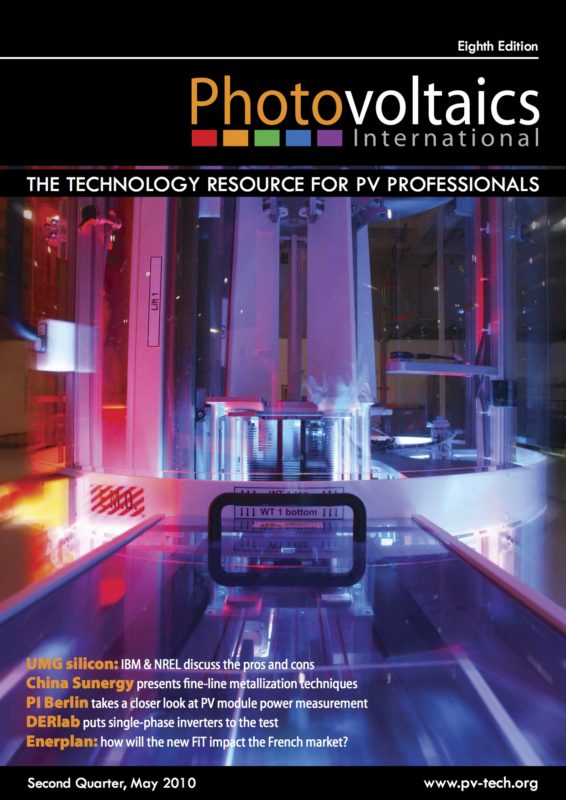By Govindasamy Tamizhmani, President, TÜV Rheinland PTL & Arizona State University
Photovoltaic modules are designed to meet the reliability and safety requirements of national and international test standards. Qualification testing is a short-duration (typically, 60-90 days) accelerated testing protocol, and it may be considered as a minimum requirement to undertake reliability testing. The goal of qualification testing is to identify the initial short-term reliability issues in the field, while the qualification testing/certification is primarily driven by marketplace requirements. Safety testing, however, is a regulatory requirement where the modules are assessed for the prevention of electrical shock, fire hazards, and personal injury due to electrical, mechanical, and environmental stresses in the field. This paper examines recent reliability and safety studies conducted at TÜV Rheinland PTL’s solar module testing facility in Arizona.



